Over 1,265 days of full-scale war, Volodymyr Zelensky has delivered almost as many nightly addresses to the nation. Only a handful have been truly decisive. There was one just hours before the invasion when he asked, “Do the Russians want war?” and vowed that Ukraine would defend itself. The next day, standing outside his office in Kyiv with his top officials, he told the world: “I’m here. We’re all here.” And last weekend, when he declared that Ukraine would not surrender its land to the occupier – and that the war must end with a just peace:
“[Putin’s] only card is the ability to kill, and he is trying to sell the cessation of killings at the highest possible price. It is important that this does not mislead anyone. What is needed is not a pause in the killings, but a real, lasting peace. Not a ceasefire sometime in the future – months from now – but immediately. President Trump told me so, and I fully support it.”
Zelensky has felt blindsided by Donald Trump’s decision to meet Vladimir Putin in Alaska this Friday to discuss Ukraine’s fate without Ukraine present. Putin has reportedly proposed a ceasefire – not an end to the war, but a temporary halt ahead of the next stage of talks – in exchange for Ukrainian territory. Ukrainian forces would have to withdraw from the entirety of the Donetsk region, leaving the 2,500 square miles – about a quarter of the region – that they still hold.
This includes fortress cities such as Pokrovsk, Kramatorsk and Sloviansk, the strongholds Russia can’t seize quickly. The Institute for the Study of War notes that while the Russian push towards Pokrovsk has picked up speed in recent weeks, Moscow has spent the last 18 months fighting for an area of just ten square miles. It took 26 months for Russian forces to advance seven miles from western Bakhmut to western Chasiv Yar. This battle began in April last year and ended only last week, with Russia bearing immense losses. Since January only, Putin has lost 100,000 troops, according to Nato chief Mark Rutte.
Accepting Putin’s offer would strip Ukraine of its main defensive line at the western edge of the Donetsk region, which it has fortified since 2014, leaving only open fields all the way to the Dnipro river. That is why Zelensky insists that any discussion of territory can only happen after the guns fall silent. The idea of Russia pulling back from parts of the Kherson and Zaporizhzhia regions in exchange for Donbas has been floated before, and this land swap could be agreed de facto but not de jure. But even that seems to be a fantasy at the moment, given that Putin will not give up his land corridor to Crimea, and Zelensky will not hand over hundreds of thousands of Ukrainians still living in the part of the Donetsk region under Kyiv’s control – people who oppose their homes being ceded to Russia.
Zelensky insists that any discussion of territory can only happen after the guns fall silent
Kyiv’s stance was backed this week in a joint statement by European leaders, whom Zelensky has been calling to forge a united negotiating position to present to Trump before Alaska. “Meaningful negotiations can only take place in the context of a ceasefire or reduction of hostilities,” it read. “We remain committed to the principle that international borders must not be changed by force. The current line of contact should be the starting point of negotiations.”
With Europe behind him, Zelensky tried to appeal to Trump on Saturday. In his speech, Zelensky reminded the American president that Ukraine had backed all of Trump’s earlier proposals, including an unconditional ceasefire and talks with the Russians in Istanbul, even while Moscow stalled and bombed Ukrainian cities. No one, Zelensky said, doubts America’s power to end the war. The mere threat of secondary sanctions on Russia and its allies had been enough to drag Putin out of his bunker and into negotiations. “The President of the United States has the leverage and the determination,” Zelensky said, leaving hanging the question of why Trump is not using them.
Ukrainians have seen where appeasing an aggressor leads. Putin was allowed to take Crimea, and that led to the occupation of parts of the Donetsk and Luhansk regions. No punishment followed when he massed over 100,000 troops on Ukraine’s borders – and that led to the full-scale war, further occupation and hundreds of thousands of deaths.
“Putin wants to exchange a pause in the war, in the killings, for the legalization of the occupation of our land,” Zelensky warned. “We will not allow this second attempt to partition Ukraine. Knowing Russia, where there is a second, there will be a third. That is why we stand firm on clear Ukrainian positions.”
Finally, Zelensky turned to the Ukrainian people, many of whom were protesting outside his office just two weeks ago after the government attacked anti-corruption agencies, to thank them for standing with him. A new poll from the Kyiv International Institute of Sociology shows 76 per cent strongly oppose Russia’s proposed peace deal. If even half were in favour of peace at any price, Zelensky might have been tempted to respond differently to Putin’s offer. But as Ukrainians are afraid that without cast-iron security guarantees, Russia will start the war again, they expect their president to fight for a lasting peace.
“Independence is built on dignity,” Zelensky said. “Fear and concessions do not make nations safe. Russia’s desire to rule over Ukrainian territory will remain just that – a desire – for as long as Ukrainians stand shoulder to shoulder, helping the army and the state.”



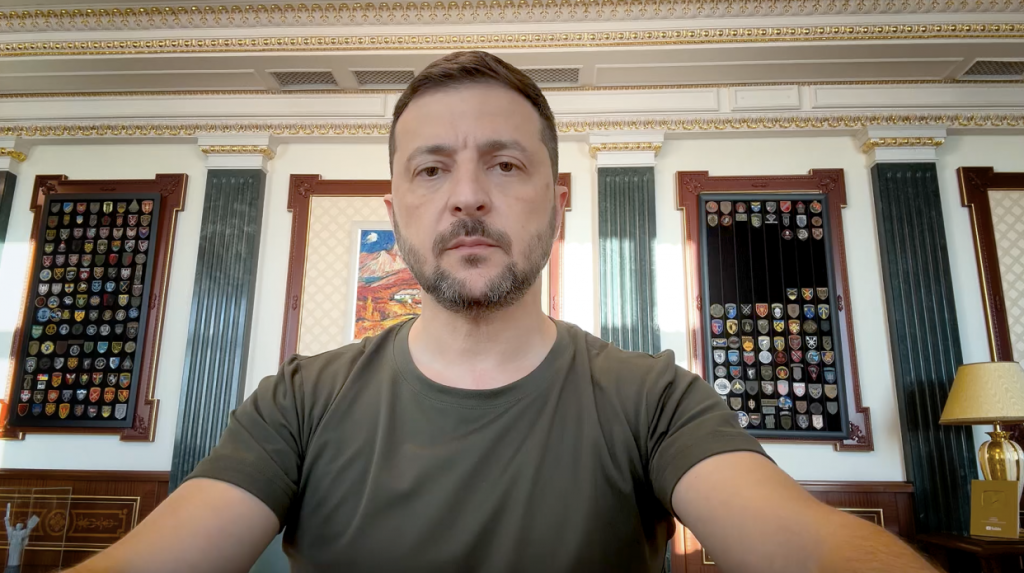






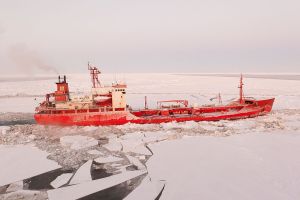
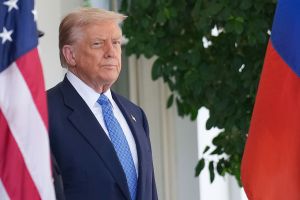
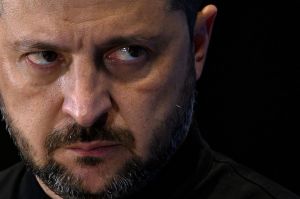
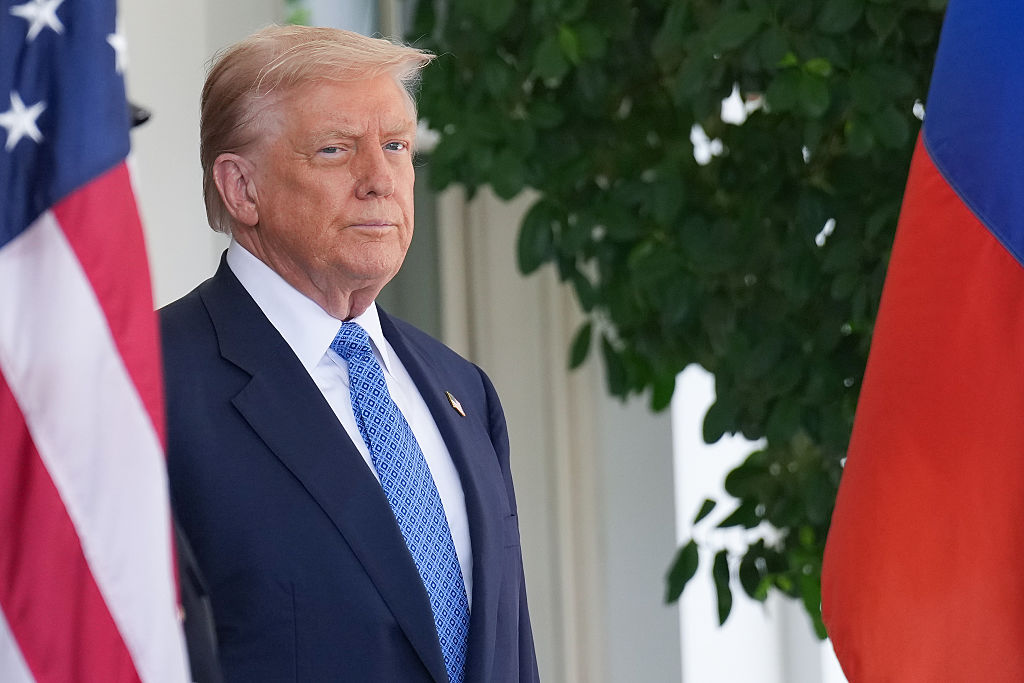

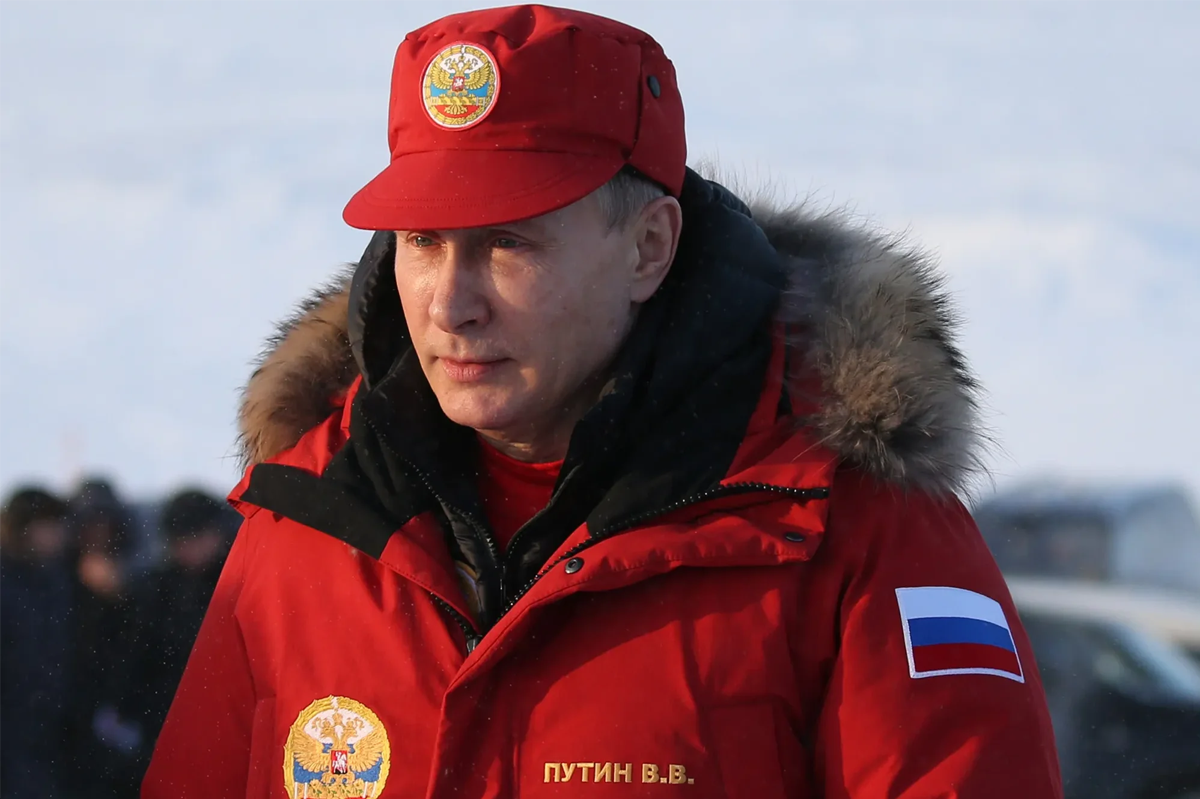
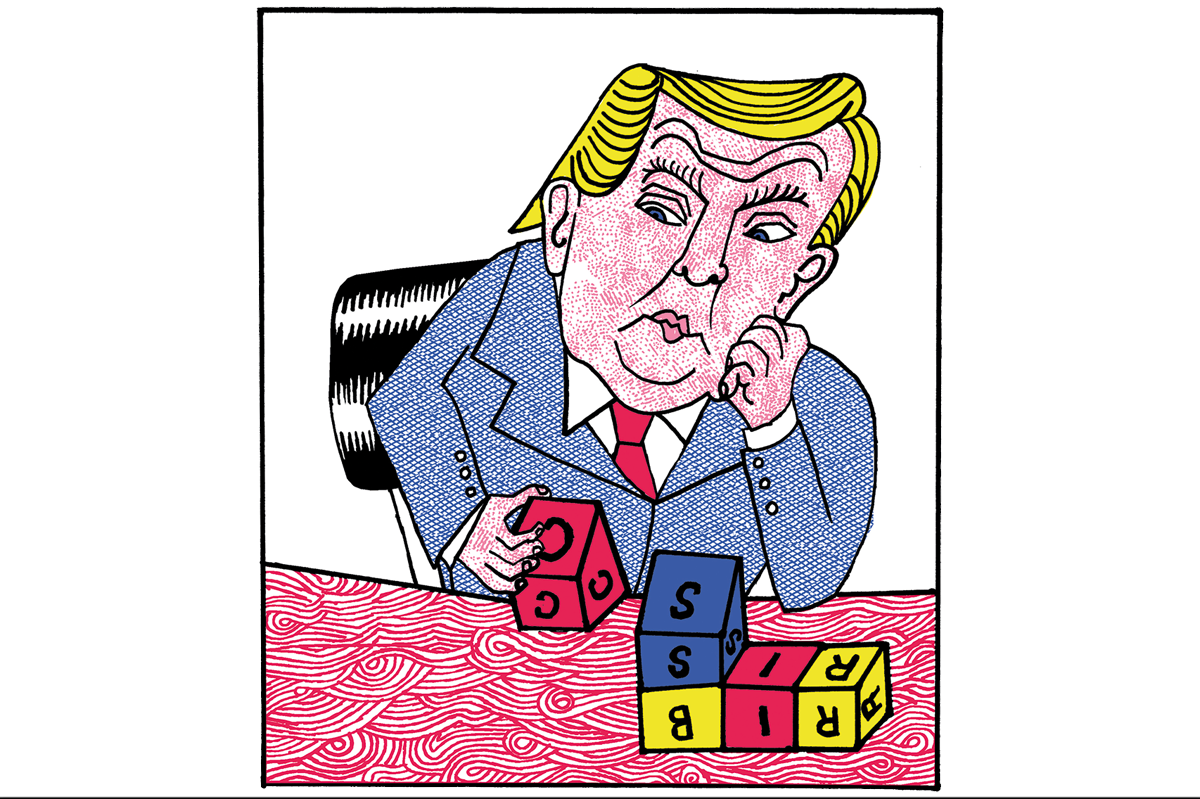

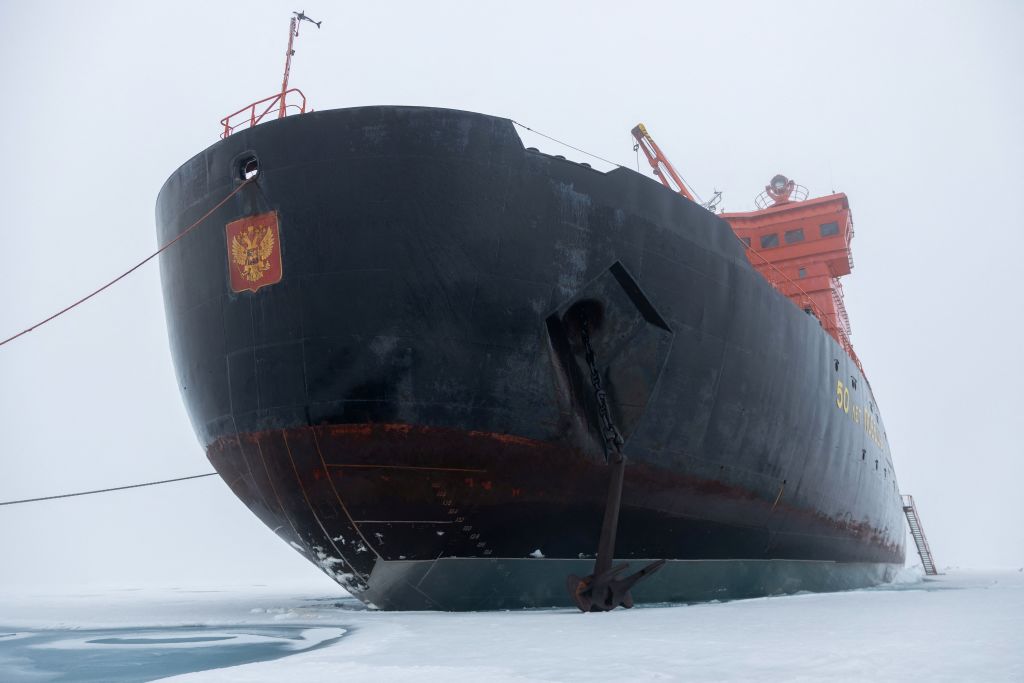







Leave a Reply